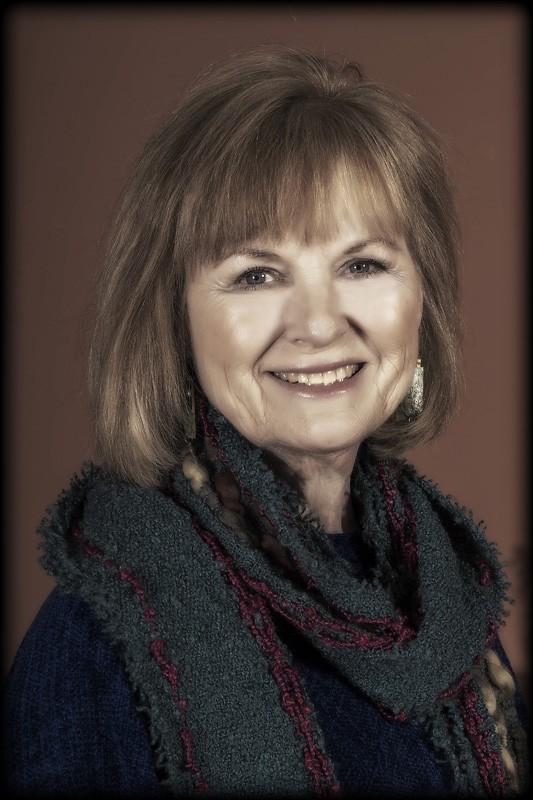Guest Post: “Coughing and Spluttering” — NCCS Co-Founder Susie Leigh Writes About Improving Care for Long-Term Survivors
The sixth principle of the Imperatives states, “People with histories of cancer have the right to continued medical follow-up with basic standards of care that include the specific needs of long-term survivors.” NCCS has been on the forefront of incorporating care and survivorship care plans into cancer care. Providing her perspective of the history of survivorship care plans is an NCCS co-founder, Susie Leigh.
For three decades now, the writings of Fitzhugh Mullan, MD, co-founder of NCCS, have had a major impact on the survivorship community. Surely his words helped plant the seeds for a more systematic method of follow-up care after cancer treatments, including the need for written documentation.
“It is as if we have invented sophisticated techniques to save people from drowning, but once they have been pulled from the water, we leave them on the dock to cough and splutter on their own in the belief that we have done all that we can.” (Mullan F. Seasons of survival: reflections of a physician with cancer. N Engl J Med 1985; 313:270-273.)

- Post by Susie Leigh
This “coughing and spluttering” was one of the major reasons that the founding members of NCCS decided to organize. NCCS came into being at a time when talk of dying from cancer was turning into living with cancer, and physical survival was no longer the only measure of success. Meanwhile, laundry lists of complications, both lingering (long-term, chronic) and delayed (late), were being identified and documented by both healthcare providers and survivors themselves. Yet there were few guidelines for what to do after treatment ended, and no systematic method to medically follow this population. Survival was a hit and miss…trial and error…be thankful that you are alive-type existence.
One decade later the NCCS report, Imperatives for Quality Cancer Care: Access, Advocacy, Action & Accountability, was released. It noted that pediatric oncology was far ahead of adult oncology in the care of their long-term survivors. Specialized survivor clinics and care plans were offered in many academic sites as this was where childhood cancer patients received the bulk of their care. Yet adult patients were more likely to be treated in community settings and were much less inclined to participate in clinical trials. Even in academic settings there was scant, if any, access to specialized clinics or long-term care planning, and minimal guidance was shared as patients transitioned back to primary care.
When reviewing the final list of services and research priorities that were identified in this report, it must be interpreted as an “ideal” situation where there would be no cost, time or staffing constraints. Multi-disciplinary survivor clinics with specialists, including a myriad of psychosocial consultants, are not feasible for the majority of oncology practices. But the development of standards of care, guidelines, and survivorship care plans could go a long way in improving the care of our increasing population of longer-term cancer survivors.
Ten years after Imperatives was published, the Institute of Medicine (IOM) released the seminal report, From Cancer Patient to Cancer Survivor: Lost in Transition, and soon added the companion piece, Implementing Survivorship Care Planning. Post-treatment survivor care could no longer be ignored, and survivorship care planning was further delineated into 1) a treatment summary (historical data), and 2) a follow-up or wellness plan (ongoing).
Different organizations and institutions have been developing templates, refining standards of care and guidelines, and attempting to reduce barriers to implementation. Intuitively many feel that these measures will make a difference. Now we have to gather the evidence to prove it.
About the Author: After receiving her degree in nursing from the University of Arizona in Tucson, Susan Leigh served as a Lieutenant in the U.S. Army and completed a tour of duty in the Mekong Delta, Vietnam, in 1971. Soon after her return from Vietnam, she was diagnosed with Hodgkin’s lymphoma and treated with some of the earliest forms of chemotherapy and radiation. This experience influenced her decision to become an oncology nurse. For the past 3 decades, Susan has focused her efforts on national advocacy work with special emphasis on long-term and late effects of cancer treatment. Her most cherished involvement has been with the National Coalition for Cancer Survivorship (NCCS) as a founding member and past president. She has also been actively involved with many professional organizations, including the Oncology Nursing Society and the National Cancer Institute. Since 2010, Susan has been working as a Survivorship consultant and educator with Arizona Oncology in Tucson. Besides surviving Hodgkin’s lymphoma, she has also been treated for breast and bladder cancers, and is currently dealing with major treatment-related cardiac issues. The views & opinions expressed in any guest post featured on our site are those of the guest author and do not necessarily reflect the opinions & views of the National Coalition for Cancer Survivorship. Read our blog and comment policies here.




